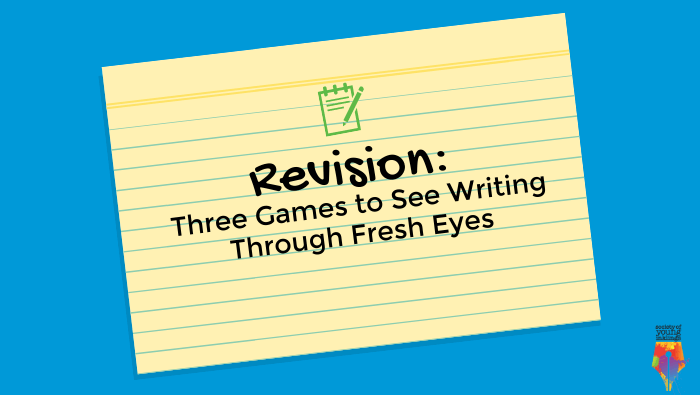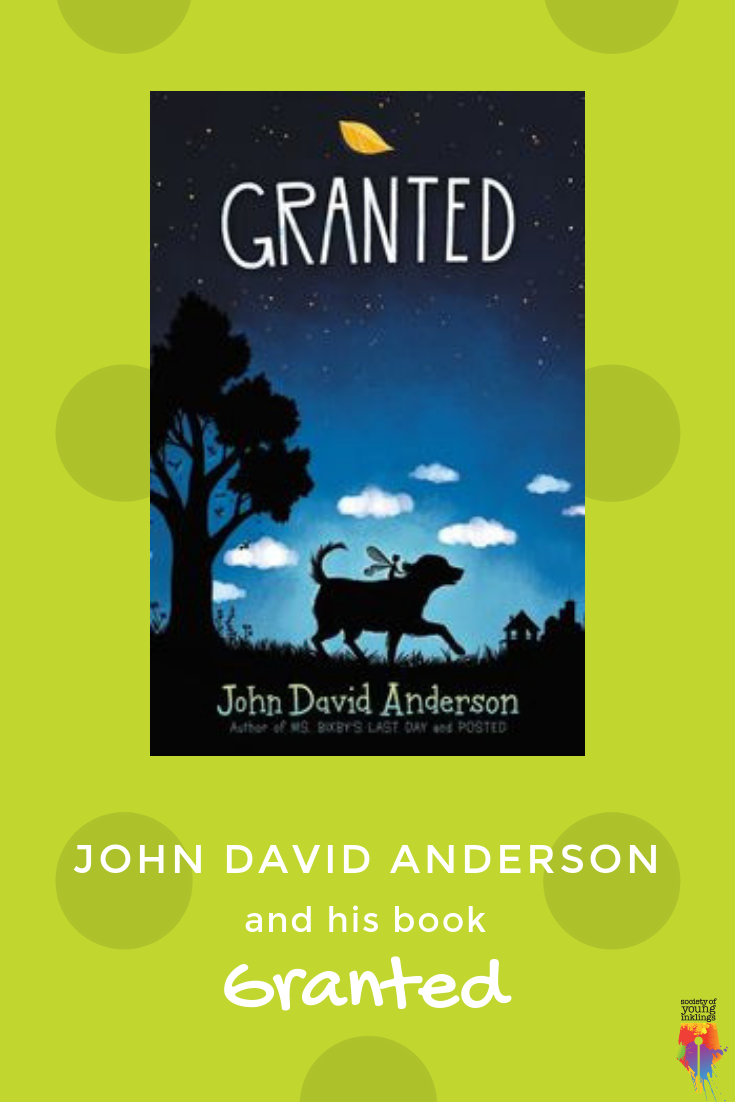Writerly Play Kit FOR EDUCATORS
Problem-Solving with Writerly Play
Writerly Play for Educators
Problem-Solving with Writerly Play
One of the major reasons that WP is a game-changer is because play changes the emotional tone in the classroom. Consider these two scenarios.
One student sits down to write and thinks: I have no ideas. I never have any ideas. I can’t do this. These thoughts make them feel discouraged, and in order to avoid feeling worse, they stare out the window or distract themselves by joking with a friend.
A second student plays a game that fills their mind with ideas. When they sit down at their desk, they can’t wait to write down a funny line they imagined. This thought makes excited, and their positive energy moves them past any resistance. Before they know it, they’ve captured five sentences on the page, and they’re building confidence with each new line.
Whether your writers are facing the initial problem of generating ideas, or personal drafting or revision problems, a game can shift how they feel about the problem. This emotional change can make what was previously impossible entirely within reach.
In this WP Kit, we’ll explore a few games and strategies to help you invent games on the fly that can be used with a full class, a small group, or even in one-on-one conferences.

Featured POST
REVISION: THREE GAMES TO SEE WRITING THROUGH FRESH EYES
One of my most delightful discoveries about using games to teach writers was the discovery that games go far beyond idea generation. One unexpected beauty of interactive games is the ability to model the questions and experimentation that revision requires. Writers have so much fun playing, they don’t even realize how much they’re learning. In today’s live session, we’ll explore three powerful games to help your writers painlessly do much of the thinking involved in revising their work.
Featured GAMEs
What If … ?
“What if …?” can be a simple doorway into a more playful mindset. You might start a lesson with a movement game, and ask your writers, “What if you were wading through peanut butter?” After exploring a few imaginative possibilities, you can move into a what if question that explores the topic of the day. Whether you’re kicking off a science, history, or writing lesson, a what if question can help your students engage on a sensory, physical level with the material.
When writers are at their desks, a what if question can turn drafting, brainstorming, or revision into a game. Here are a few you might try:
What if you had to start every sentence with a different word?
What if you could invent three new words to put into the dictionary, and you find a way to put them into this story?
What if you brainstormed a list of ideas that start only with the letter “s”?
Add An Adjective
One of my favorite improv games to play with youth actors is a scene game where every once in a while we freeze the action and give each player a primary adjective. From that point forward, the player must play any action with that tone, whether their word is green, scratchy, or frustrated. Every now and again, we swap words, keeping the game varied and interesting.
The game can be used in other situations, too. For instance, you could brainstorm or draft as though the whole class felt a certain way. You could also give individual writers adjective challenges. “Might you write that whole scene with a spooky tone?” “With a hilarious tone?” etc. The narrowed focus that the adjective provides focuses the mind on “how,” and launches writers past any blocks into the game of writing.
“It’s the things we play with and the people who help us play that make the great difference in our lives.”
― Fred Rogers
strategy

Race the Clock
One of the simplest ways to make any activity feel more like a game is to “race the clock.” The ticking clock raises the stakes and changes the thought process from “I don’t want to …” or “How should I …” to “How quickly can I … ?” In other words, the clock provides the playground for the game. The game is played in these next two minutes. The challenge might be “how many words can I draft,” or “how many ideas can I list?” Leveling up involves beating your last score.
At core, a game is an activity that has at least one rule, and that provides enough of a challenge to engage our curiosity. We can keep the game fun by rewarding success, by layering new challenges as we develop mastery, and by remembering to approach the game with a playful mindset.
What’s Up At SYI this Month?
CLASSROOM WRITING CHALLENGE
STORY STARTER
This month, John David Anderson has challenged us with something he used when writing Granted that helped him with world building and character creation.
Step 1: Pick a non-human character from fables or fairy tales (ogres, werewolves, trolls, talking pigs, sprites, anthropomorphic bears, mermaids, fairies, etc). Now imagine what their typical day looks like. Do they go to school? What do they study? Do they have a job? What do they do for fun? Where is their favorite place to eat? Whom do they hang out with? What kinds of everyday problems do they face? Write a scene describing your character going about some part of their day. Then…
Step 2: Choose one of the following:
A) Your character crosses paths with a HUMAN: hilarity, drama, and/or conflict ensues.
B) Your character is approached by a stranger who says “You have been chosen for a special mission.” What is that mission? And why was your character chosen?
C) A house falls on your character from out of nowhere, smooshing them DEAD. Continue your story with whoever steps out of that house.
Aim for between 350 and 1000 words. Submit your response by emailing submit@younginklings.org. You might be published on our website!
INK SPLAT
John David Anderson
This month, we talk to author John David Anderson about his novel, Granted. He talks to us about how he handles difficult subjects such as bullying.
Wish-making is serious business. And magic is not to be trifled with. Seriously, though, good books challenge us to carefully consider our beliefs and our values and to better understand our place in the world and our responsibility to it. However, I also believe in the power of humor and laughter to help us keep everything in perspective.




